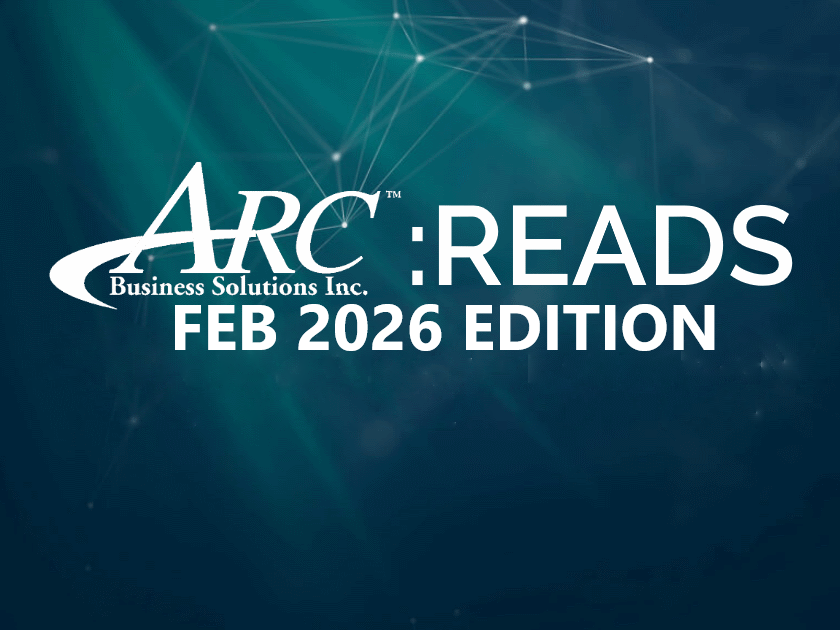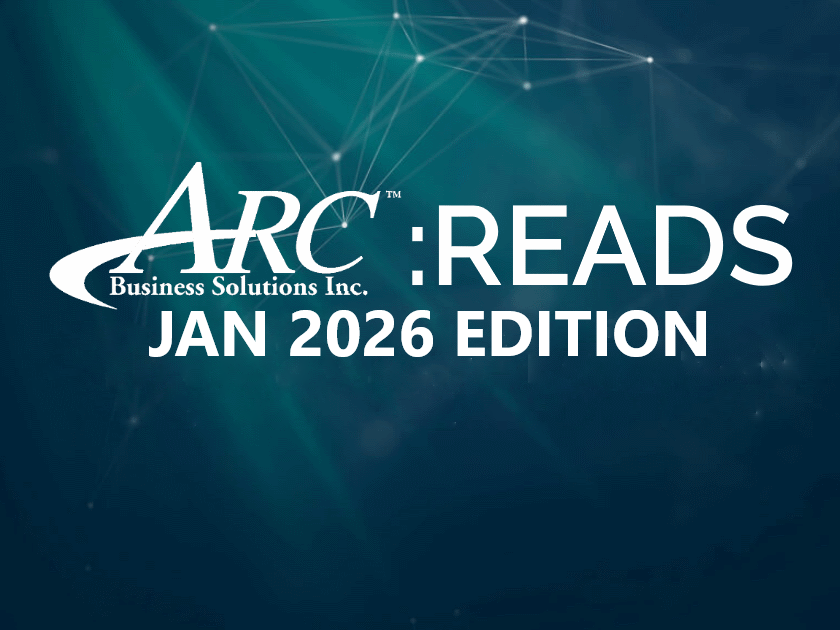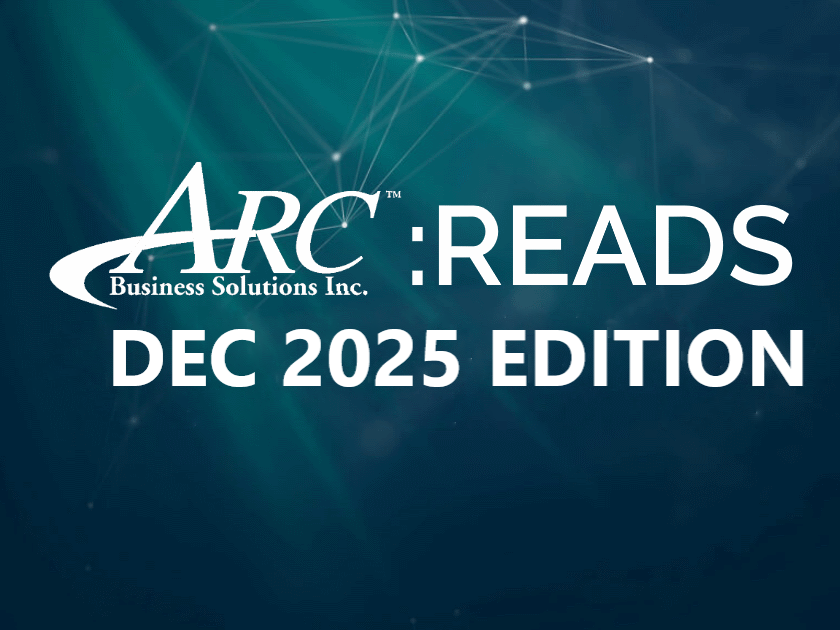
Job Seekers Common Mistakes and How to Correct Them
The job hunt can be a lot of work and the competition can be fierce. It can even be a victory to stand out through hundreds of resumes and land yourself on a short list of candidates to get interviewed. Let us help you get to this stage, and have a successful interview with a few tips and how to steer away from common mistakes.
Your resume is your story, your one chance to shine and show off your skills to your new potential employer. This document should be perfect. It should have been produced with careful attention and proof read by other sets of eyes. Typos and grammatical errors can not be made regardless of the employer or position. When errors are discovered on your resume it can create an impression that you are not attentive to details or cannot be replied upon for bigger tasks. This is you chance to sell yourself. Some additional tips: keep your resume to a reasonable number of pages, 2-3 tops. Take the time to tailor your resume to a job description if you can and ensure your skills and keywords pop, did you know sometimes resumes are being reviewed by keyword searches. Don’t overuse words such as “team player” “extensive experience” “driven” “motivated” “track record” try using “mentored” instead or “trained” “managed” “resolved” “volunteered” “created” or “improved”. Lastly, don’t be afraid to use a modern but simple template.
Please don’t show up and know nothing about the company or the details of the job description that you are interviewing for. When you come to an interview and have done your homework and prepared for it, it will show. Try to make eye contact as much as possible, know the companies values, history and names of who you are interviewing with when you arrive.
Dressing professionally will give the hiring Manager a great instant impression. Most times it is better to over dress than under dress. Also a little tip, keep the scents mild and don’t over due it, no one should smell you in the elevator 10 mins after you have left it.
Never be late for a job interview, this can leave a bad first impression. If you have never been to the location before it is better to leave yourself extra time than run in the door all scattered. Pre-plan your route and do your research of parking lots or bus stop stations prior.
Come prepared with a notebook. You might be prompted with questions or something to bring back for that second interview. The hiring Manager may ask for you to send your references and you don’t want to forget! It shows you are prepared, professional and are taking the interview seriously.

Job Seekers Common Mistakes and How to Correct Them
The job hunt can be a lot of work and the competition can be fierce. It can even be a victory to stand out through hundreds of resumes and land yourself on a short list of candidates to get interviewed. Let us help you get to this stage, and have a successful interview with a few tips and how to steer away from common mistakes.
Your resume is your story, your one chance to shine and show off your skills to your new potential employer. This document should be perfect. It should have been produced with careful attention and proof read by other sets of eyes. Typos and grammatical errors can not be made regardless of the employer or position. When errors are discovered on your resume it can create an impression that you are not attentive to details or cannot be replied upon for bigger tasks. This is you chance to sell yourself. Some additional tips: keep your resume to a reasonable number of pages, 2-3 tops. Take the time to tailor your resume to a job description if you can and ensure your skills and keywords pop, did you know sometimes resumes are being reviewed by keyword searches. Don’t overuse words such as “team player” “extensive experience” “driven” “motivated” “track record” try using “mentored” instead or “trained” “managed” “resolved” “volunteered” “created” or “improved”. Lastly, don’t be afraid to use a modern but simple template.
Please don’t show up and know nothing about the company or the details of the job description that you are interviewing for. When you come to an interview and have done your homework and prepared for it, it will show. Try to make eye contact as much as possible, know the companies values, history and names of who you are interviewing with when you arrive.
Dressing professionally will give the hiring Manager a great instant impression. Most times it is better to over dress than under dress. Also a little tip, keep the scents mild and don’t over due it, no one should smell you in the elevator 10 mins after you have left it.
Never be late for a job interview, this can leave a bad first impression. If you have never been to the location before it is better to leave yourself extra time than run in the door all scattered. Pre-plan your route and do your research of parking lots or bus stop stations prior.
Come prepared with a notebook. You might be prompted with questions or something to bring back for that second interview. The hiring Manager may ask for you to send your references and you don’t want to forget! It shows you are prepared, professional and are taking the interview seriously.
.png)

This Month: Utilities Under Pressure: 6 Power Sector Trends to Watch, Emerging Project & Change Management Trends in 2026, How Innovation Happens, Why Training Employees Pays off Twice & More
.png)

This Month: 60 Mindful New Year's Resolution Suggestions to Start 2026, 5 Ways Organizations Can Pivot With Purpose, All Gas No Brakes: Tech Predications in 2026 & More
.png)

This Month: Customers Expect Empathy, Here is How to Deliver It, Magnet Powered Micro Robots in Your Bloodstream, Become an Octopus Organization, and Quantum Thinking Can Help Solve Complex Strategy Challenges & More
.png)